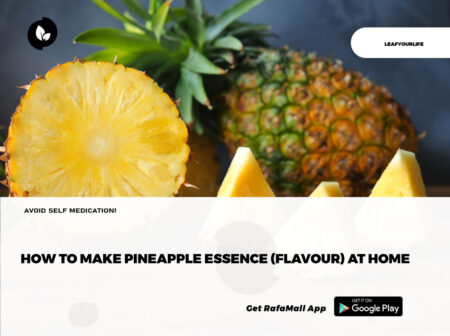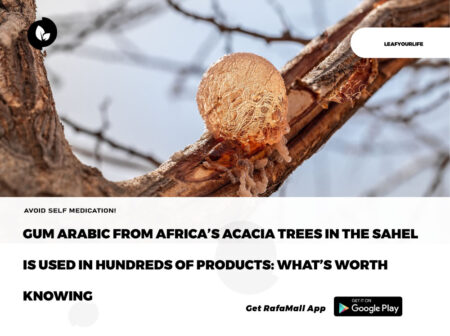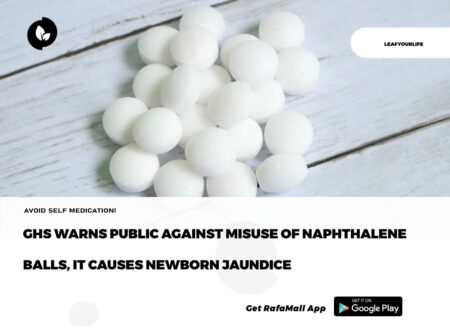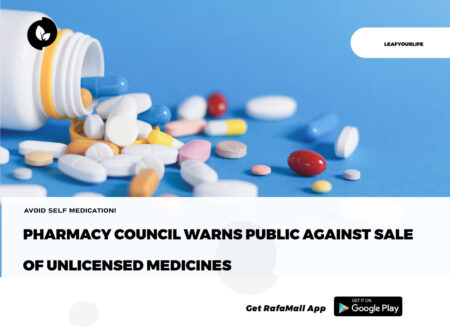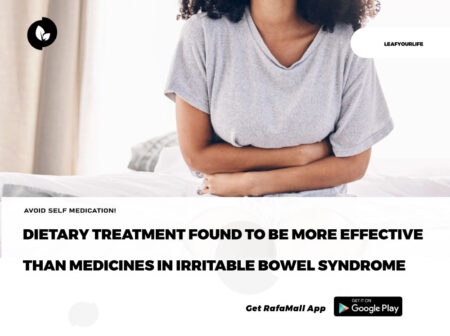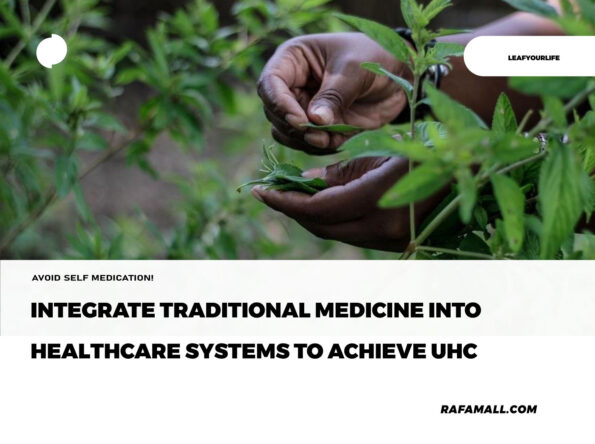
Inadequate access to and cost of modern drugs to treat and manage diseases in middle and low-income countries, especially in Africa, may have contributed to the widespread use of traditional medicines in these regions mostly in poor households.
A study published in the African Journal of Traditional, Complementary and Alternative Medicines posits that in 36 low and middle-income countries, drugs were way beyond the reach of large sections of the populations.
Before the introduction of modern drugs, a traditional medicine used to be available to millions of people in Africa in both rural and urban communities.
However, the arrival of the Europeans marked a significant turning point in the history of this age-long tradition and culture.
However, the role of African traditional medicines cannot be overstated. In Africa, according to World Health Organisation (WHO), traditional medicine is culturally entrenched, accessible, and affordable and serves as a primary source of healthcare to more than 80 percent of its population.
This practice capitalizes on the rich biodiversity (plants and herbs) and effectively balances the relationship between humans and nature, as well as indigenous knowledge passed on through generations.
Traditional medicine is also a multi-billion industry that can boost an economy if well managed.
The WHO designates August 31 every year as African Traditional Medicine Day, to honor the integral role of traditional medicine in the health and welfare of people on the continent.
Notably, member states have used the day to catalyze discussion forums around national policies on traditional medicine, cultivation of medicinal plants, including training of traditional health practitioners, and their collaboration with their conventional counterparts.
These activities prompted more than 40 African countries to develop traditional medicine policies by 2022, up from only eight in 2000.
In Ghana, for instance, the government reimburses patients’ consultations with traditional health practitioners through an insurance scheme and plans to do the same for herbal medicines.
To ease the distrust between modern and traditional doctors and achieve regulation, standardization and cooperation, they must acknowledge their strengths and weaknesses and be concerned about attaining Universal Health Coverage.
This is to ensure increased access and affordability to health services. Harriet’s Botanicals, a company domiciled in Kenya but exporting within Africa and globally, has made some significant strides in the integration of Traditional Indigenous Medicine with Allopathic medicine.
It has accomplished this by working with stakeholders such as the University of Nairobi Pharmacology and Pharmacognosy department, the Ministry of Culture and lately lobbying for thorough regulation and legislation in health to push this agenda forward.
The company has received patents, copyrights and trademarks for its products and also works directly with medical practitioners such as doctors.
Despite these positive steps, challenges in embracing traditional medicine still abound. The introduction of Western culture particularly into rural parts of Africa has had a tremendous negative impact on the role traditional medicine plays.
As Western education, Christianity and increased contact with the global community become an integral part of rural communities, taboos, traditions, and customs have been affected and in some instances abandoned altogether.
These challenges notwithstanding, there is increasing evidence that traditional medicine would continue to hold sway in both rural and urban communities of Africa even when modern healthcare facilities are available to meet a wide range of healthcare needs.
Original Article: https://www.businessdailyafrica.com/bd/opinion-analysis/columnists/integrate-traditional-medicine-into-healthcare-systems–4150920


